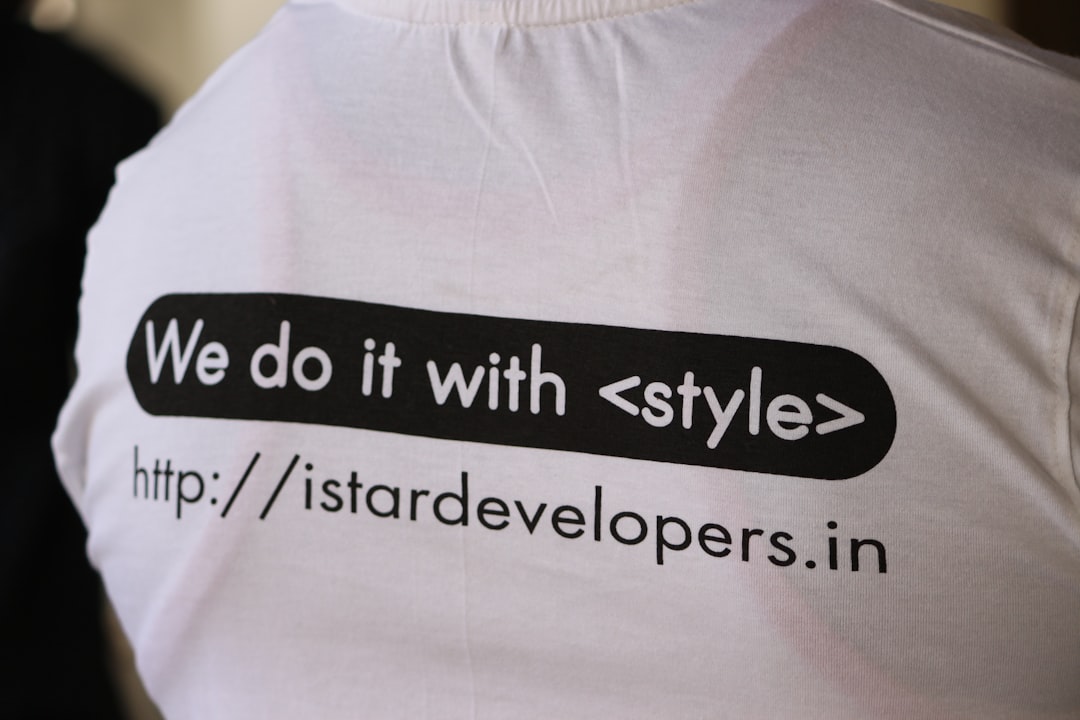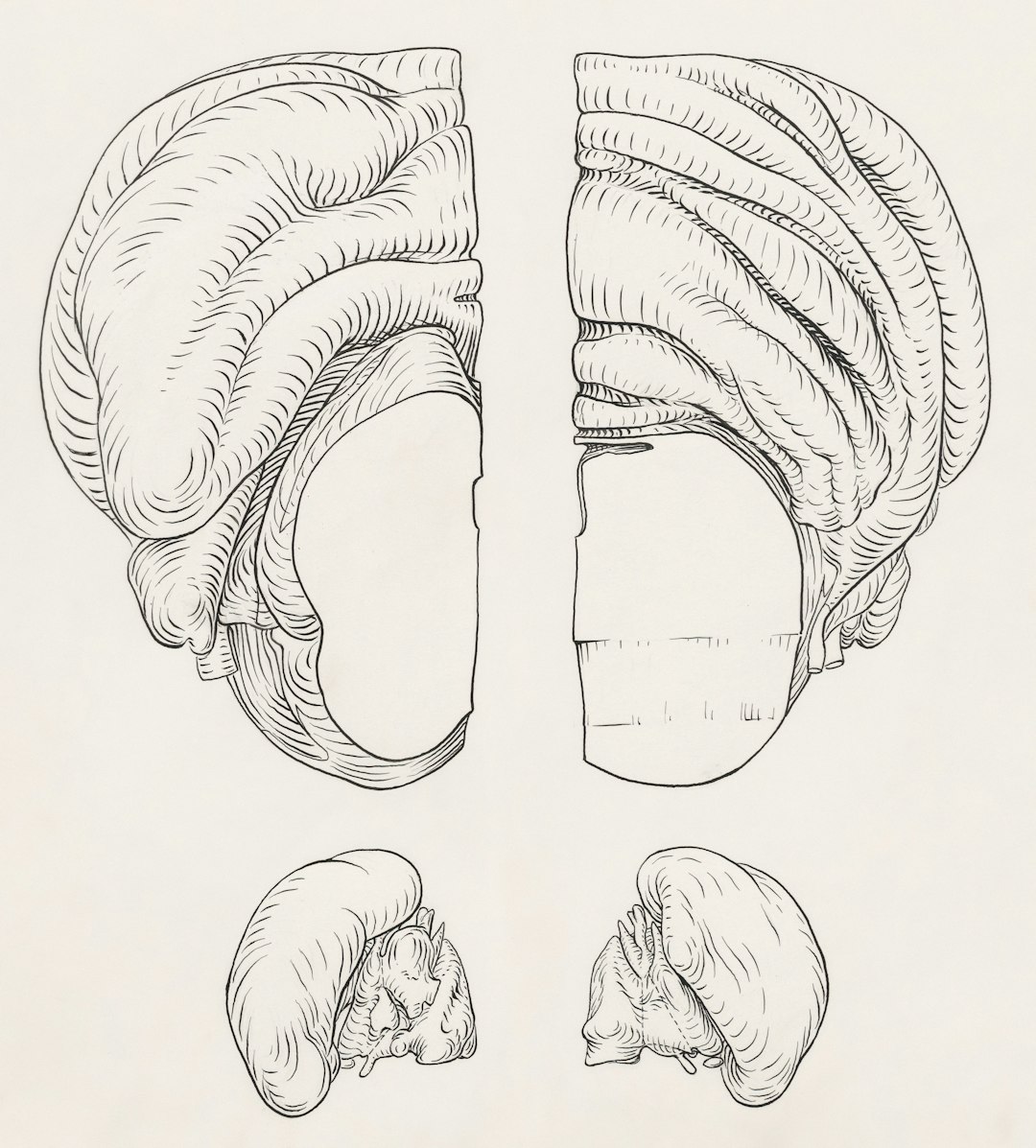WordPress vs Headless CMS: Which Is Right for You?

Creating a website today is easier than ever, thanks to a rich ecosystem of content management systems (CMS). If you’re embarking on a digital project, you’ll likely come across two primary options: the traditional all-in-one solution like WordPress and the more modern, flexible architecture of a headless CMS. While both serve the same end goal—publishing and managing content—they do it in radically different ways. Understanding the differences and benefits of each can help you decide which is right for your specific needs.
What is WordPress?
WordPress, originally launched in 2003, is an open-source content management system that powers more than 40% of websites around the world. Known for its ease of use and broad ecosystem, it combines both the front-end (what users see) and the back-end (where content is created and managed) into a single platform.
Users can choose from thousands of themes and plugins to customize design and functionality, all from its user-friendly admin panel. Whether you’re a blogger, entrepreneur, or a small business owner, WordPress offers a plug-and-play experience that makes website building accessible—even if you don’t have coding experience.
What is a Headless CMS?
A headless CMS is a back-end-only content management system that separates the content repository (“body”) from the presentation layer (“head”). In contrast to traditional CMS platforms like WordPress, a headless CMS delivers content via APIs, giving developers the freedom to build the front-end with the frameworks and technologies of their choice.
This decoupling is ideal for situations where content needs to be served across multiple platforms (web, mobile apps, IoT). Some popular headless CMS options include Contentful, Strapi, Sanity, and Prismic.

Key Differences Between WordPress and Headless CMS
To choose between WordPress and a headless CMS, it’s important to understand their core differences:
- Architecture: WordPress manages both the content and how it’s displayed. A headless CMS delivers content without dictating how it looks.
- Flexibility: Headless CMS allows developers to use modern frameworks like React, Vue, or Angular for front-end development. WordPress has limitations unless heavily customized.
- Scalability: Headless is often better suited for large-scale or omnichannel projects because it can push content to multiple front-ends through APIs.
- User Interface: WordPress is beginner-friendly, while a headless CMS might require a steeper learning curve for non-technical users.
Advantages of Using WordPress
WordPress may be the right fit for many users due to the following benefits:
- Simplicity: It’s relatively easy to install, set up, and manage, even for beginners.
- Cost-effective: Many themes and plugins are free or low-cost.
- Community support: A massive global user base means abundant resources, documentation, and troubleshooting help.
- SEO tools: Plugins like Yoast SEO allow users to optimize content without technical expertise.
- Out-of-the-box functionality: With themes and visual editors, almost anyone can build a professional website quickly.
Advantages of Using Headless CMS
Though it requires more technical skill, headless CMS solutions provide features attractive to modern developers and growing enterprises.
- Performance and speed: Since the front-end is decoupled, sites can be optimized for speed using modern frameworks and CDNs.
- Omnichannel delivery: Content can be delivered to websites, mobile apps, smart devices, and other digital platforms.
- Developer-friendly: Developers have full control over the front-end and can keep up with modern best practices.
- Security: With no direct access to the admin panel via the public-facing site, headless CMS platforms are less vulnerable to common attacks.
When to Choose WordPress
You should consider WordPress if:
- You want to launch a website quickly without much technical fuss.
- Your project’s needs are predominantly content-focused—like blogs or simple company websites.
- You don’t have a team of developers but still want a polished and functional website.
- You want access to a vast library of plugins and themes without building from scratch.
When to Choose a Headless CMS
On the other hand, a headless CMS is better if:
- Your content needs to appear on multiple platforms (mobile, web, digital kiosks, etc.).
- You have a development team skilled in modern JavaScript frameworks.
- You require a performance-optimized, scalable, and flexible architecture for long-term growth.
- Your organization needs integrations that go beyond what WordPress plugins offer.

The Hybrid Approach
An increasingly popular solution is to use a hybrid model combining the best of both worlds. For instance, you can use WordPress as a headless CMS by leveraging its REST API or GraphQL endpoints. This means your content editors can still use the familiar WordPress interface, while your developers can build out a modern, fast front-end with React, Next.js, or another JavaScript framework.
This setup provides a transition point for businesses wanting the simplicity of WordPress but needing the modern flexibility of headless architectures.
Cost Considerations
Cost is another important factor to consider:
- WordPress: While the software itself is free, there are added costs for premium themes, plugins, and potentially managed hosting. However, overall, it’s a very budget-friendly option.
- Headless CMS: Many headless platforms operate on SaaS models with monthly fees. You’ll also need to factor in development time and ongoing maintenance for both the front-end and integrations.
Which Is Right For You?
There’s no one-size-fits-all solution here—your decision will depend on your business goals, technical capability, and growth plans.
| Feature | WordPress | Headless CMS |
|---|---|---|
| Ease of Use | Beginner-friendly | Developer-focused |
| Customization | Plugins and themes | Complete front-end freedom |
| Scalability | Limited at scale | Highly scalable |
| SEO Support | Plugin-based | Requires manual setup |
| Cost | Low to moderate | Moderate to high |
Final Thoughts
In summary, if you’re a content creator, small business owner, or organization needing a quick and cost-effective website with minimal upkeep, WordPress is likely your best bet. It’s reliable, accessible, and comes with a vast support ecosystem.
However, if you’re a developer or organization looking to future-proof your digital presence, scale across devices, and maintain full control over your site’s architecture and performance, then a headless CMS might be worth the investment.
Ultimately, assess your team’s capabilities, project goals, and user needs. Whichever route you choose, both WordPress and headless CMS platforms offer powerful ways to manage content and deliver exceptional user experiences.
